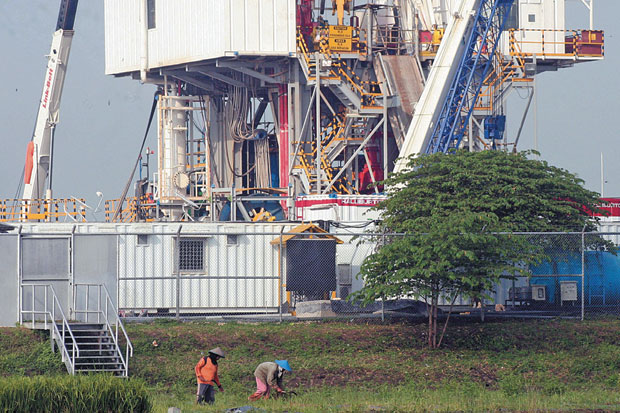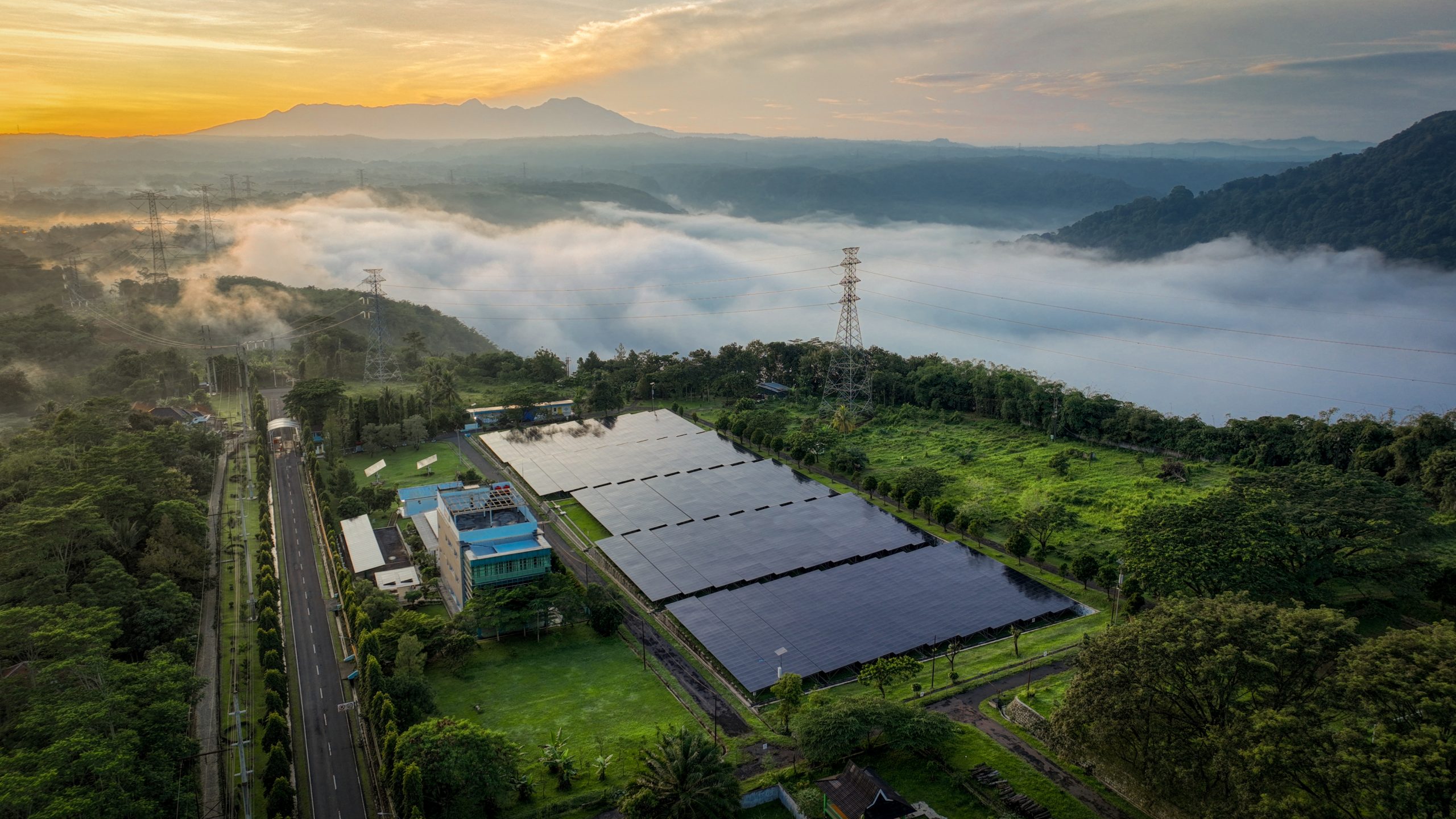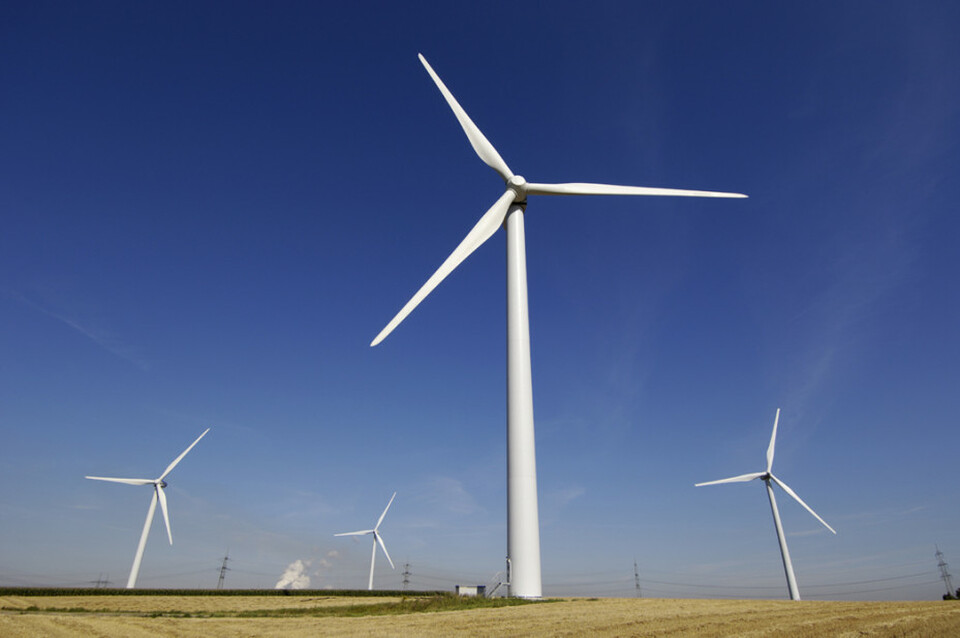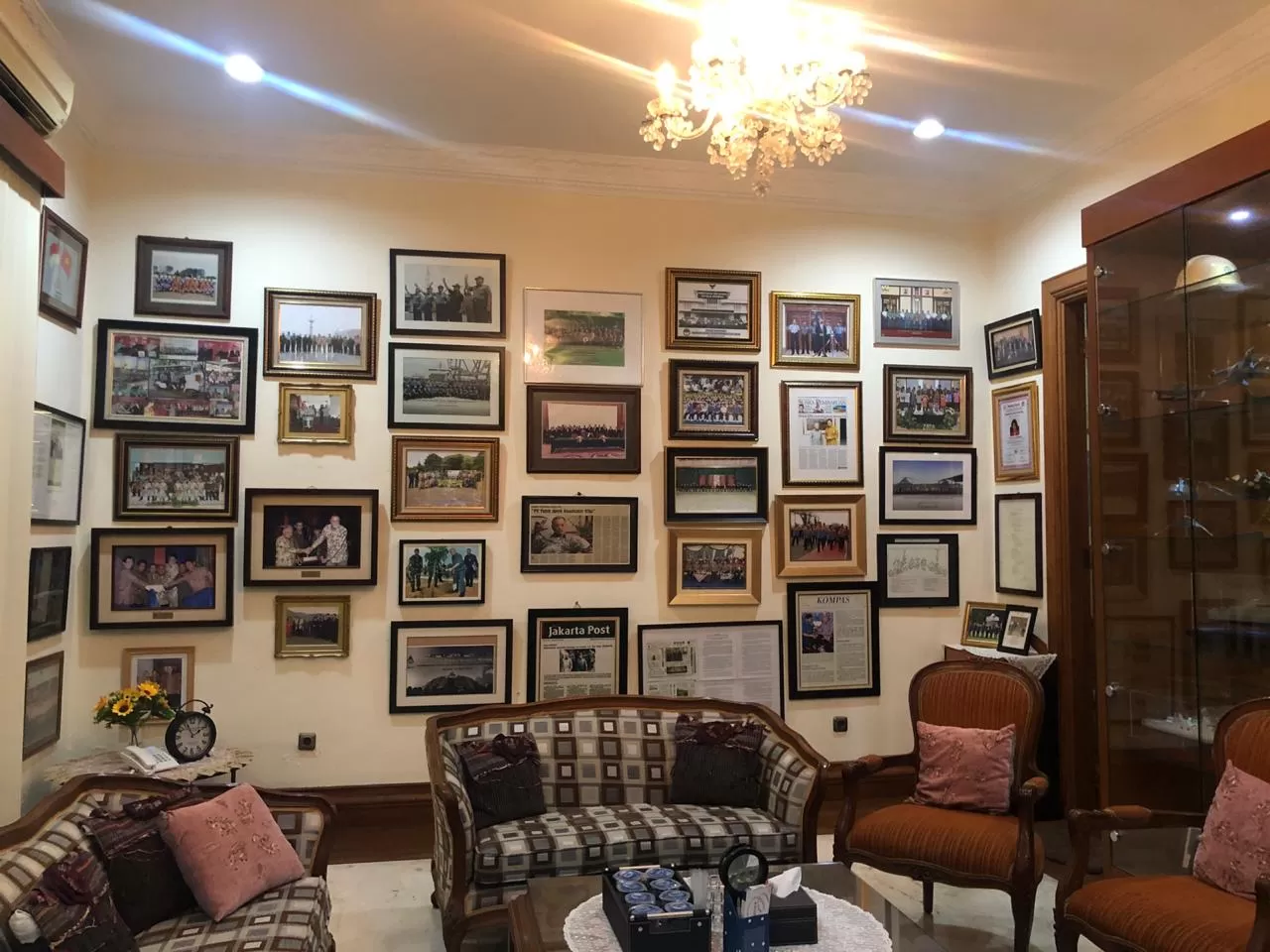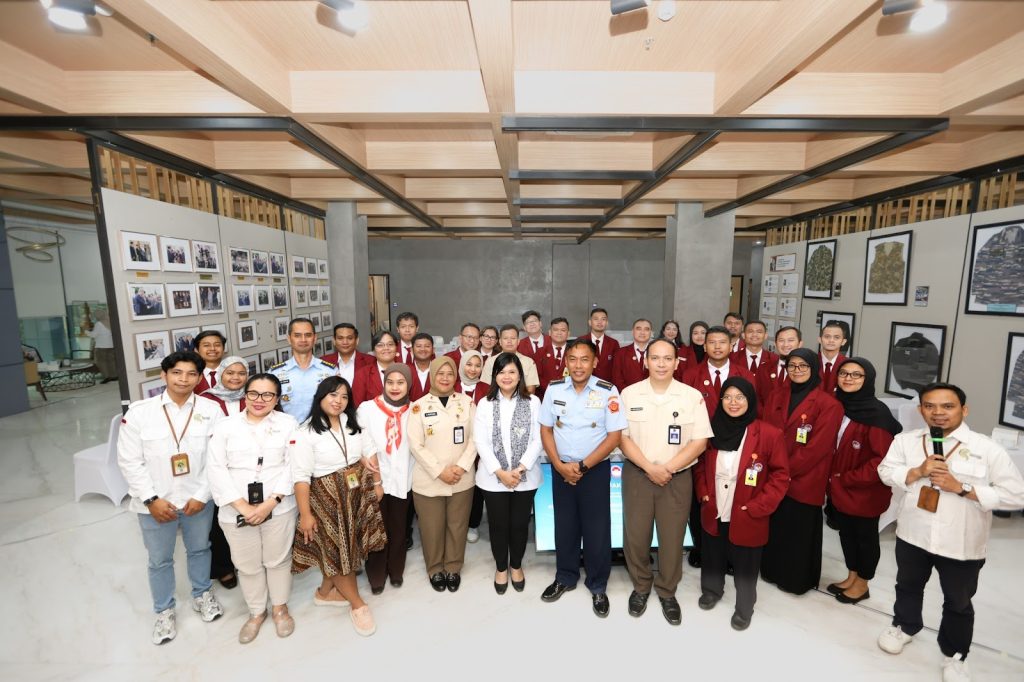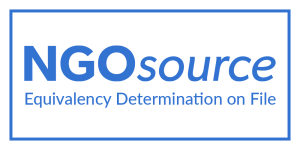
Bandung, 27 November 2021 – The Purnomo Yusgiantoro Center in collaboration with the Petroleum Engineering Study Program, Faculty of Mining and Petroleum Engineering, Institut Teknologi Bandung (ITB) organized a National Seminar entitled “Sustaining Indonesia Energy Security and Accomplishing Net-Zero Emissions through Petroleum Engineering Technology & Education”. The seminar was held online on Saturday, November 27, 2021, and was opened with opening remarks from the Rector of Institut Teknologi Bandung (ITB), Prof. Reini Wirahadikusumah, Ph.D, and the Chairman of PYC, Filda C. Yusgiantoro, Ph.D..
In her remarks, Prof. Reini hoped that oil and gas production can continue to increase, and support the decline in gas imports, then reduce the trade balance deficit in the oil and gas sector.
Agreeing with the Rector’s statement, Filda stated in her remarks that national oil production will continue to decline if there are no efforts to increase implementation reserves, such as enhancement oil recovery, or the application of technology optimization in the field. Filda also said that technology is needed that can minimize carbon emissions generated from the oil and gas sector, especially oil. Then, the implementation of this event also illustrates the joint ideals of PYC and TM ITB, namely the importance of the role and contribution of educational institutions in increasing national oil production and the implementation of the Industrial Revolution 4.0, and Net Zero Emissions. He hopes that this event can be a forum for discussion and exchange of ideas so that these noble ideals can be achieved together.
The event continued with a keynote speech from Dr. Ir. Airlangga Hartarto as the Coordinating Minister for Economic Affairs. Airlangga said that the government estimates economic growth in the 4th quarter at 3.5 – 4%. Indonesia’s commitment to reduce emissions has also been implemented in various sectors, especially the land use change sector and the energy sector which are the largest contributors to emissions in Indonesia.
In the next keynote speech, Ir. Arifin Tasrif as Minister of Energy and Mineral Resources (ESDM) explained the development of clean energy implementation in Indonesia in the form of an energy transition roadmap towards Net Zero Emissions. In the plan, Arifin said the government is carrying out massive renewable energy development to achieve the new 23% renewable energy target by 2025. In addition, ESDM is also encouraging the use of electric vehicles, utilizing battery storage, and developing smart grids. Then, because in the next 20 years Indonesia still needs oil and gas to maintain energy independence, it is necessary to provide incentives to find new sources of reserves.
After the keynote speech, the event continued with 4 panel sessions with different topics.
Panel Session 1: Advancement in Enhanced Oil Recovery
(Moderator: Ivan Kurnia, S.T., M.Sc., Ph.D. & Dr. Rani Kurnia)
Jaffee A. Suardin, S.T., M.Sc., Ph.D., Managing Director of Pertamina Hulu Rokan
Erwinsyah Putra, B.Sc., M.Sc., Ph.D., Member of Investment Committee BoC PT Pertamina Hulu Energi
Taufan Marhaendrajana, M.Sc., Ph.D., Lecturer of Petroleum Engineering ITB
The discussion in this session revealed the potential that Enhanced Oil Recovery (EOR) has in Indonesia, and its ability as a dual solution to increase oil production, and reduce CO2 in the atmosphere. However, the process of testing chemical EOR mechanisms must be developed and supported, not viewed with skepticism.
Panel Session 2: Future Petroleum Engineering Education
(Moderator: Zuher Syihab, S.T., Ph.D.)
Albertus Retnanto, B.Sc., M.Sc., Ph.D, Professor of The Practice Texas A&M University Qatar
Dr. Ing. Evita Legowo, Coordinator of Sustainable Energy and Environment at Swiss German University
Ir. Asep Kurnia Permadi, M.Sc., Ph.D, Lecturer of Petroleum Engineering ITB
In response to doubts about the future of Petroleum Engineering, the academics on this panel agreed that Petroleum Engineering is still needed in the long term. Dr. Evita emphasized that oil is still a valuable commodity, and plays a role in the global transition in the oil and gas sector. Then, it should not be forgotten that Indonesia has advanced education, especially in the geoscience industry, but we must quickly adapt to the current conditions.
Panel Session 3: Digitalization & IOT for Upstream Industry
(Moderator: Dr. Dedi Irawan, S.T., M.T. & Steven Chandra, S.T., M.T.)
Dr. Tutuka Ariadji, M.Sc., Ph.D., Director General of Oil and Gas Ministry of Energy and Mineral Resources
Salis Aprilian, M.T., Ph.D., Founder and CEO of Digital Energy Asia
Ir. Amega Yasutra, S.T., M.T, Lecturer of Petroleum Engineering ITB
Following the development of technology, the utilization of Artificial Intelligence and Machine Learning can be applied in the oil and gas industry. This digitalization system has broad potential and provides good benefits for operators and stakeholders such as the government, such as accelerating the manual field work process to be more efficient and faster.
Panel Session 4: Energy Security and Net Zero 2060
(Moderator: Ir. Utjok W.R. Siagian, M.Sc., Ph.D. & Budi Sunariyanto, S.T., M.Sc. (PYC))
Ir. Djoko Siswanto, M.B.A., Secretary General of the National Energy Council
Fadli Rahman, S.T., M.Sc., Ph.D., Director of Strategic Planning and Business Development Pertamina NRE
Ir. Doddy Abdassah, M.Sc., Ph.D., Lecturer of Petroleum Engineering ITB
Petroleum has been Indonesia’s main source of energy for decades, becoming the backbone of the economy, transportation sector, households and industry in Indonesia. Countries around the world have set a target of net-zero emissions by 2050. Indonesia has ratified the Paris Agreement and committed to accelerate the achievement of the Nationally Determined Contribution (NDC). Indonesia has also targeted Net-Zero Emission by 2060 or sooner.
In the energy sector, the energy transition from fossil energy to renewable energy or green energy and aggressive utilization of clean technologies such as CCS and CCUS, can have a significant impact on achieving Net-Zero Emission by 2060 or sooner. However, it should be noted that the energy transition must be done carefully and well-planned so as not to disrupt national energy security.
Integration of studies, technology and implementation of fossil energy and new renewable energy is very important. Support or collaboration across sectors and across stakeholders is essential.
